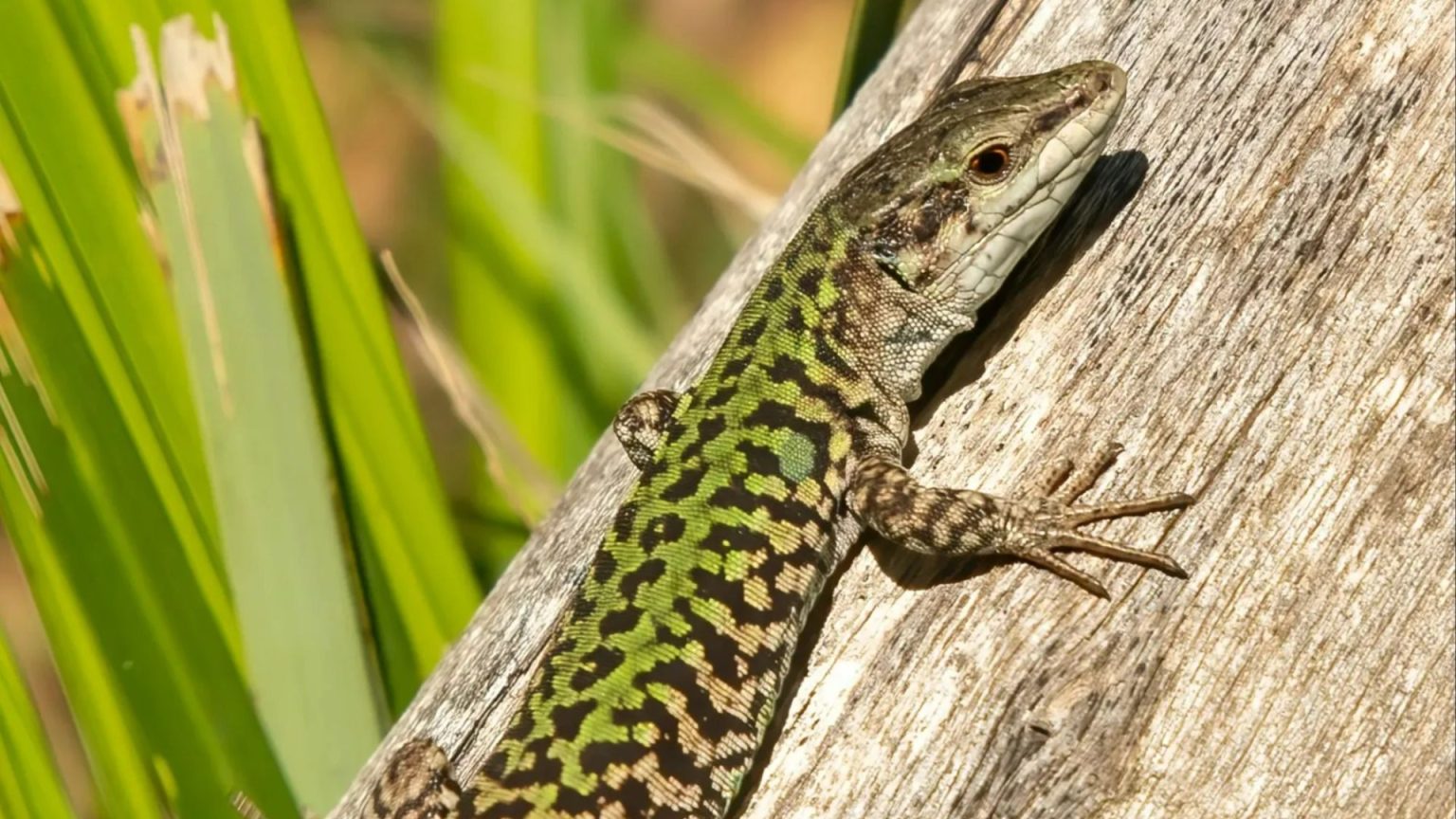The global trade in potted plants and cut flowers, while aesthetically pleasing and economically beneficial, presents a significant and often overlooked biosecurity risk. A recent study by the University of Cambridge has highlighted the unintentional importation of “hitchhiking intruders,” including snakes, lizards, and frogs, into mainland Europe and the UK. These stowaways, often nestled amongst ornamental plants and floral arrangements, pose a potential threat to native ecosystems, crops, and even human health. The study underscores the difficulty in detecting these organisms, particularly smaller insects and fungi, which can be far more devastating than their larger vertebrate counterparts.
The sheer volume and speed of the plant trade creates a challenging environment for border control and inspection agencies. While regulations and checks are in place, the sheer scale of imports makes comprehensive screening virtually impossible. This facilitates the inadvertent introduction of invasive species, which can outcompete native flora and fauna, disrupt ecological balance, and introduce new diseases. The researchers cite specific examples, such as snakes and Italian wall lizards arriving undetected in shipments of ornamental olive trees to the Netherlands, and a South American tree frog found amongst roses at a florist’s shop in Sheffield. These instances serve as stark reminders of the vulnerability of current biosecurity measures.
The presence of these larger, more visible creatures suggests a much larger, unseen problem. If snakes and lizards can slip through the cracks, then the likelihood of smaller, more destructive organisms, such as insects and fungi, also bypassing inspections is significantly higher. These smaller organisms pose a greater threat to agriculture and native ecosystems, as they can spread rapidly and cause widespread damage. Fungal pathogens, for example, can decimate crops, while invasive insects can disrupt pollination networks and damage native plant communities.
The researchers emphasize the urgency of improving existing biosecurity protocols. They call for more robust data collection and sharing regarding the risks associated with the plant trade, enabling more targeted and effective interventions. They also highlight the need for increased awareness amongst importers, retailers, and consumers about the potential for invasive species to be introduced through seemingly innocuous plant material. Early detection and rapid response are critical to minimizing the impact of these introductions.
The study also points to the exacerbating role of climate change. Warmer summers in northern Europe allow species that would previously have perished during colder winters to survive and potentially establish themselves. This is particularly concerning with regard to disease-carrying mosquitoes, which pose a direct threat to human health. As temperatures rise, the risk of these vectors establishing themselves in new regions increases, potentially leading to outbreaks of diseases previously confined to warmer climates.
In conclusion, the global trade in plants and flowers, while economically and aesthetically valuable, carries inherent biosecurity risks. The unintentional introduction of invasive species, ranging from large vertebrates to microscopic fungi, poses a significant threat to native ecosystems, agricultural productivity, and human health. Improved biosecurity measures, increased awareness, and a proactive approach to data collection and sharing are crucial to mitigating these risks. Furthermore, the compounding effects of climate change underscore the urgency of addressing this issue, as warmer temperatures facilitate the survival and spread of invasive species, further jeopardizing biodiversity and biosecurity. The seemingly innocuous act of importing a potted plant or buying a bouquet of flowers can have far-reaching consequences, highlighting the interconnectedness of global trade, ecological health, and human well-being.




